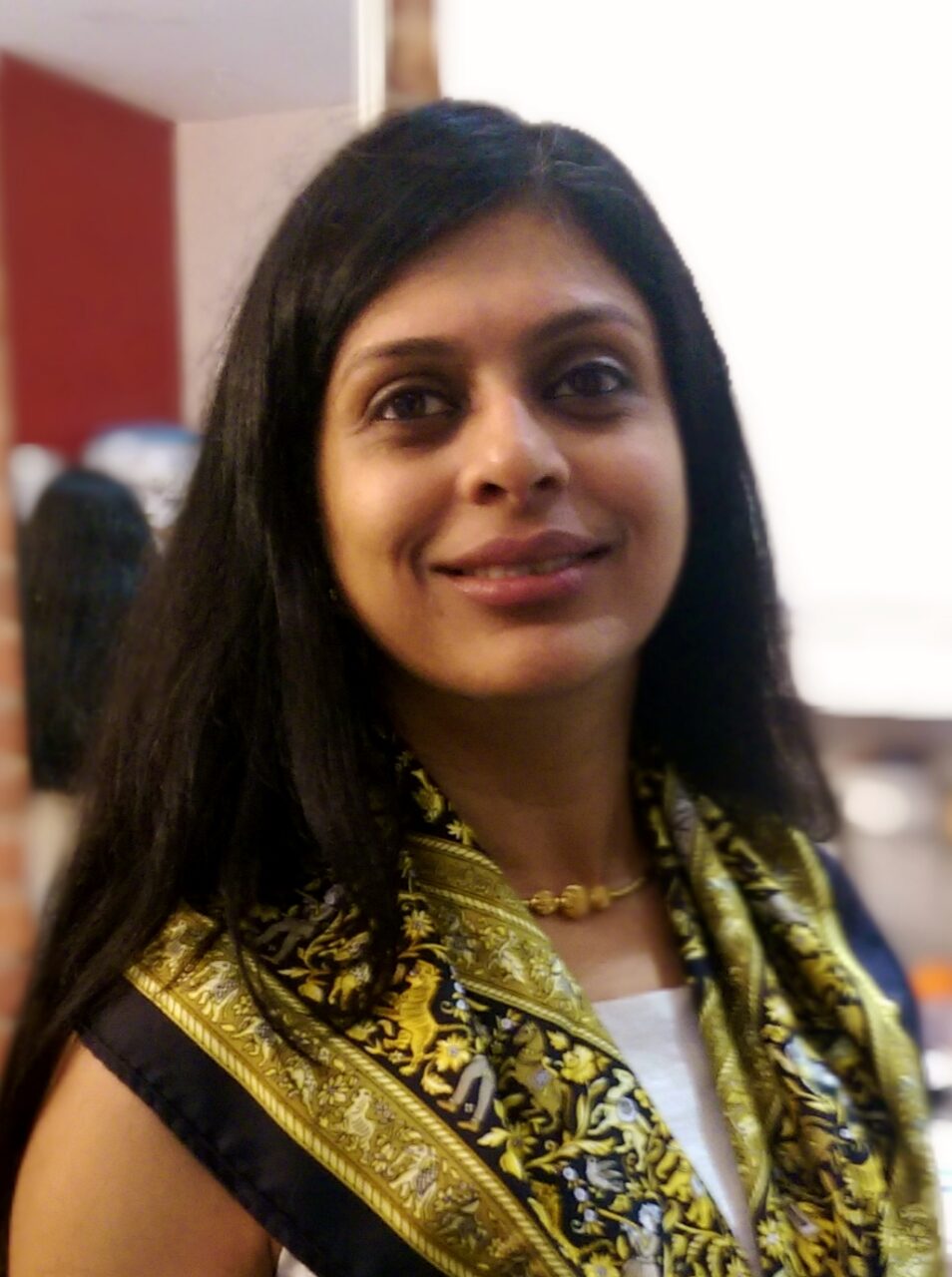By Kindha Gorman
Professor Srividya Iyer, Associate Professor in the Department of Psychiatry and clinician and researcher at the Douglas Mental Health University Institute, recently took time to answer our questions about the youth mental health project ACCESS Open Minds. This ground-breaking, five-year national research project, of which Professor Iyer is Scientific-Clinical Director, aims to give young Canadians aged 11 to 25 years faster access to higher quality mental health services designed with their distinct needs in mind. She also shared her thoughts on encouraging more women to pursue careers in mental health research.
What drew you to youth mental health as a specialty?
I was drawn to youth mental health by the knowledge that about 75% of mental disorders arise in a person’s youth. Too few young people in need are getting good quality and timely mental health care. Intervening early can be an effective way for young people to have better mental health outcomes. I have also been inspired by the wonderful young people and families I have interacted with over the years, and their grace, strength and courage, even in the face of suffering.
In Canada, where we have generally high-quality public health care, it is easy to overlook gaps in the system. Only a small minority of Canadian youths who need mental health care get it on time. When they can access it, young people often report finding mental health care not very friendly or effective. Discontinuities between parts of the social support network (e.g., between adult- and child-focused services or between the educational and child welfare systems) mean that many youths ‘fall through the cracks.’ Stigma around mental illness remains a problem. We are also learning that more young people are driven to angst by economic uncertainty, the environmental crisis, racism, and the ongoing pandemic.
My vision is for a Canadian mental health care system that reaches everyone who needs support and responds to their needs in a timely manner with high-quality services. This means a system that actively finds and reaches out to people in need. This system is rapid and responsive; caters to every type and severity of need; is positive and affirmative of people’s rights and potential; and is sensitive to the needs of diverse communities and minorities.
As Canada’s largest youth mental health care services research project, ACCESS Open Minds is realizing this vision at 16 sites in seven provinces and one territory. It represents a shift toward youth mental hubs that offer rapid, high-quality, integrated services that are co-designed by youths, families and local communities.
Early results show the transformative impact of ACCESS Open Minds. Our sites served 7,539 youths, substantial numbers of whom came from traditionally underserved Indigenous, economically underprivileged, LGBTQIA2S+ and visible minority communities.
A third of the youths walked in without a referral. Remarkably, around 84% of help-seekers were offered an appointment within 72 hours, a benchmark that is rarely attained in the general mental health care system.
For young people seeking help from ACCESS Open Minds services, there were statistically significant reductions in distress and severity of mental health problems, and improvements in mental health and school, work, and social functioning.
Our results also show that the model can be cost effective. For instance, every dollar invested in the ACCESS Open Minds model in Edmonton saved the health care system $10 in service costs. This translates to up to $4,500 per young person per year. Our proudest impact is that 96% of youth would recommend ACCESS Open Minds to a friend.
Although ACCESS Open Minds has proven its concept, it remains a limited-term, grant-funded project. It is therefore a priority for us to ensure the sustenance and expansion of our model. We want all jurisdictions to make high-quality youth mental health care accessible. We are also seeking to widen and formalize our network so that it continues catalyzing best practices, research, data-driven decision making, capacity building, knowledge sharing and transformation.
Mental illness has seen relatively few advances in prevention and treatment. Our challenge is to continue to promote longer-term, diverse, nuanced and holistic youth mental health research for better outcomes for youth in Canada and globally.
To young women contemplating careers in health research, the field needs you! Health research needs to be led by more women and scholars from groups traditionally underrepresented in academia—Indigenous, Black, visible minority and immigrant people.
Women in health research face a long, challenging journey. You may have to work harder to get noticed. You may often doubt yourself, not be seen as a leader, be overlooked for leadership positions, or feel discouraged. You may encounter significant pay differentials, poor visibility in senior positions, tougher student evaluations and a generally male-dominated hierarchy. Retain the conviction that creating equity is not your responsibility! Equity requires concerted and affirmative action from the system.
I have benefited from the mentorship and solidarity of others like me. It is something I wish I had had earlier in my career and it’s something I strongly advise young women to seek out early on. Let sympathetic mentors and allies support you. Later in your career, be generous in offering your mentorship but also work to create work cultures in which young women don’t need advice on how to navigate challenges.
Health research is very fulfilling and meaningful career. I have been humbled to hear from many younger women that they look up to me. You may find that being there for women and others facing equity challenges is transformative and affirming. I certainly have.
March 10 2021

